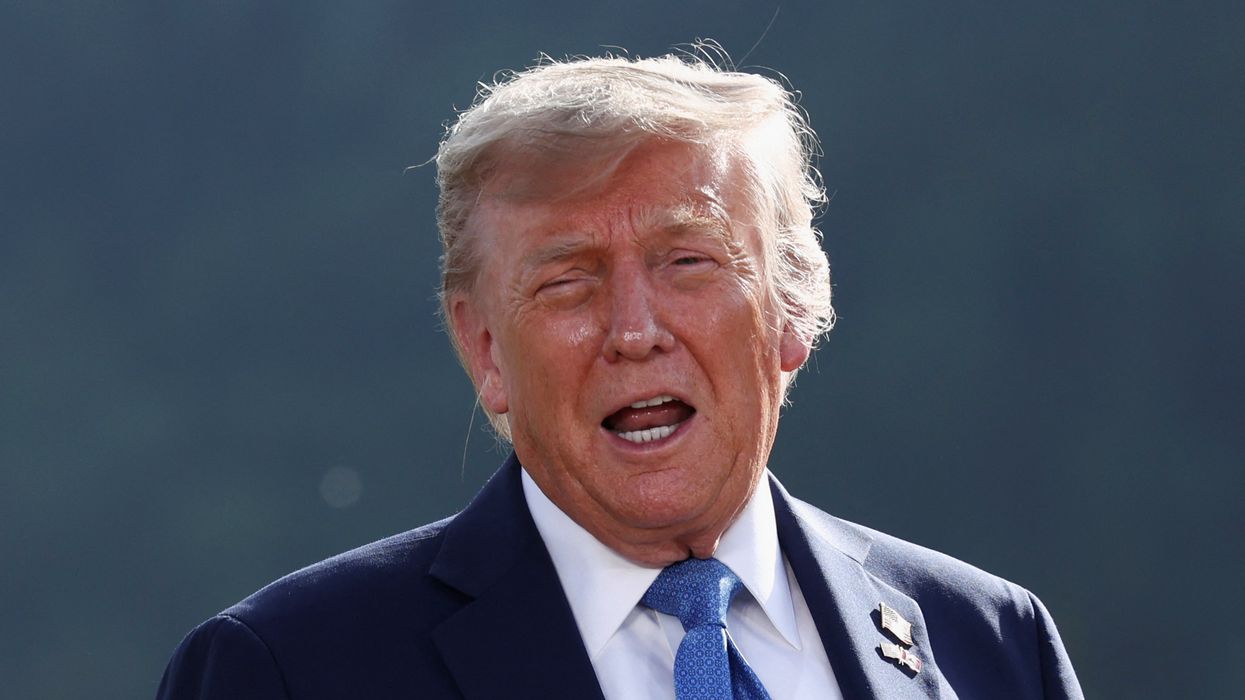The New York Times reports the White House is looking to cancel billions of dollars in federal spending and claw back money to fund an extension to President Donald Trump’s 2017 tax cuts.
Anonymous sources are describing this tactic as a “pocket rescission,” which the White House will invoke if lawmakers “do not deliver the magnitude of cuts sought by the White House,” says reporter Tony Romm.
“Under the emerging plan, the Trump administration would wait until closer to Sept. 30, the end of the fiscal year, to formally ask lawmakers to claw back a set of funds it has targeted for cuts,” the Times reports. But even if Congress does not vote on the request, the president’s act of making the request triggers a law that “freezes the money until it ultimately expires.”
READ MORE: The most dangerous man in government right now isn’t Trump
White House Office of Management and Budget Director Russell Vought mentioned the “pocket rescission” in June, describing it as a tool to cut spending “without having to get an affirmative vote” from Congress. The Times reports Vought invoked the little-used tool again at a House hearing saying there were “all manner of provisions” available to the president to complete his fiscal vision.
“It’s a provision that has been rarely used, but it is there,” Vought said, “And we intend to use all of these tools.”
Democratic lawmakers slammed the plan as another attempt to circumvent a branch of the U.S. government, which could spark a legal battle.
“O.M.B. Director Vought presumes he can go around the back of the president, the Congress and the American people to assert a unilateral power over spending for himself above all others,” U.S. Rep. Rosa DeLauro (D-Conn.) told the Times.
Bobby Kogan, senior director of federal budget policy at the Center for American Progress, said the “The whole point of the [budget] law is to make sure that funds are prudently obligated,” adding a pocket rescission “would deny that.”
READ MORE: ‘It shocks the conscience': Senate Republicans dump gas on 'five-alarm fire'
White House aides are on the hunt for new ways to reshape the budget without congressional approval as Senate Republicans clash over the first wave of changes to Trump’s reconciliation bill this week. Trump’s “big beautiful” budget bill appears stalled in the Senate while Republicans who fear mid-term retaliation for tampering with Medicaid square off with deficit hawks who demand more painful cuts to government services. These two factions are, in turn, set against affluent state Republicans, often called “SALT” Republicans, who demand relief from high state property taxes through federal subsidies.
Each group poses a significant barrier in a chamber with such a slim majority.
Read the full New York Times report at this link.


